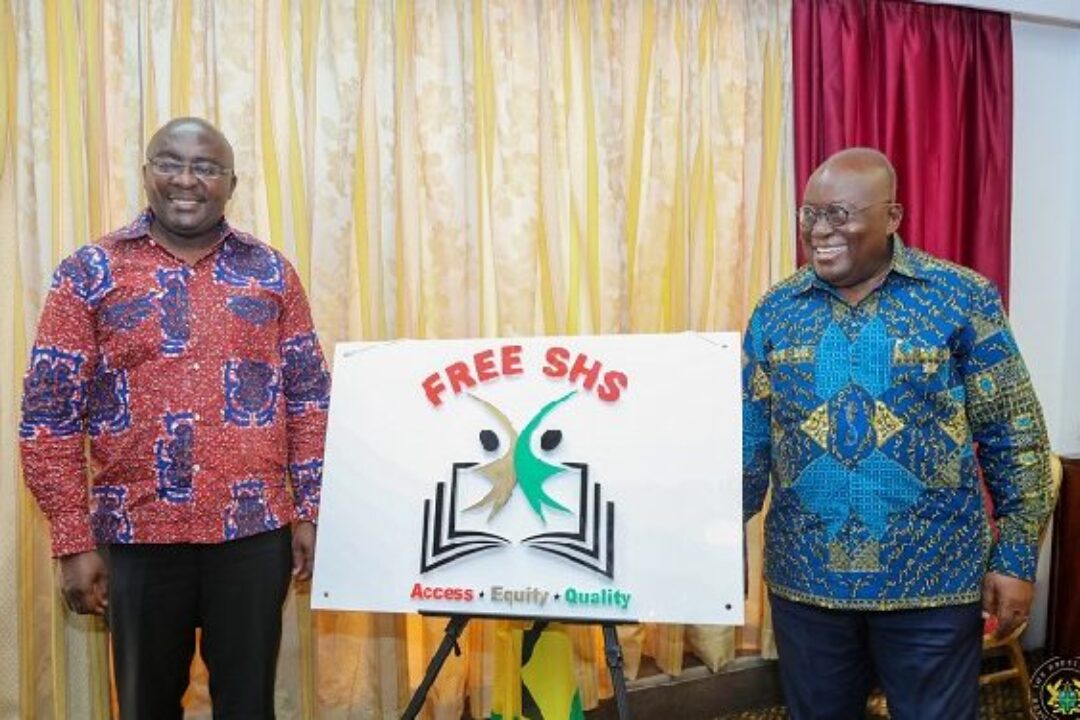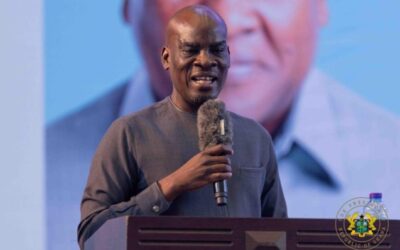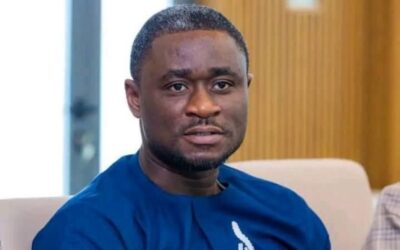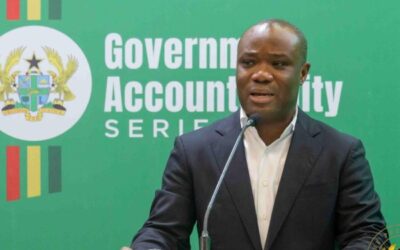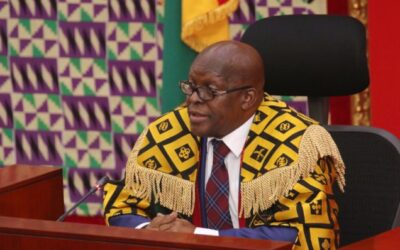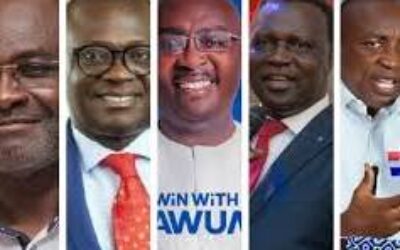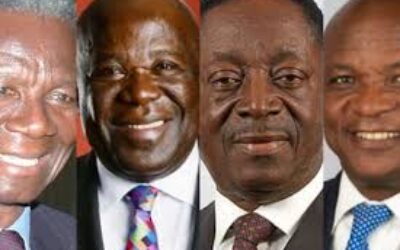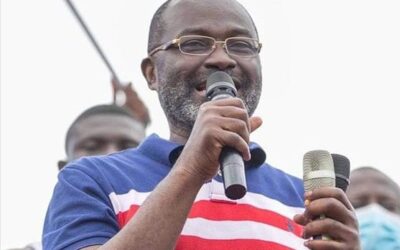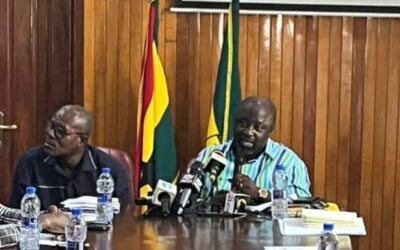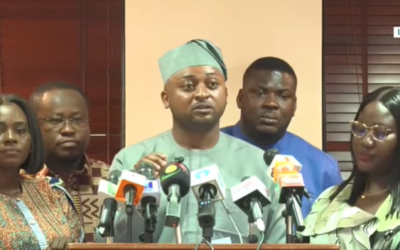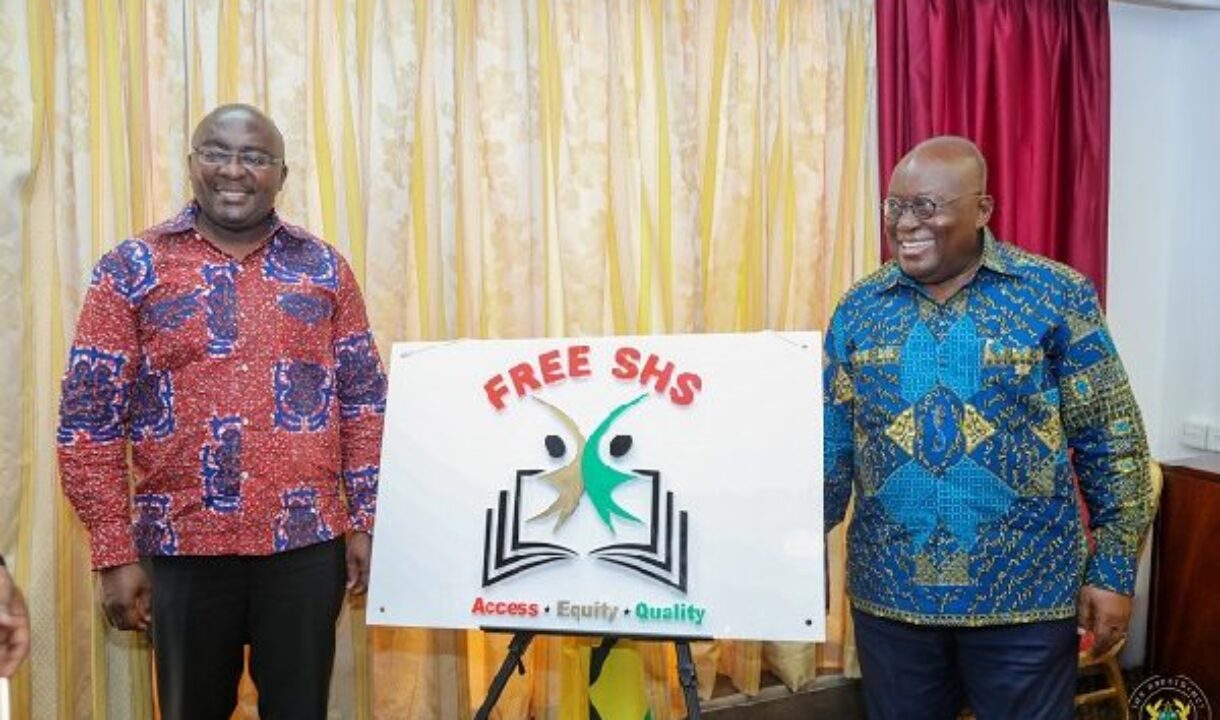By:Kobina Welsing
As Ghana approaches a critical election year, citizens are voicing strong support for the continuation of certain key government programmes, while calling for the end of others.
According to a newly released report by Afrobarometer, a majority of Ghanaians — 85% — want the Free Senior High School initiative to continue, along with the Planting for Food and Jobs programme (81%), One District One Factory (71%), and the One Village One Dam policy (60%).Best online courses



However, there is significant public opposition to the electronic transactions levy (E-levy), with 79% of respondents favouring its discontinuation.
Economic Concerns and Priorities for the Next Government

When asked about the most pressing issues for the government to address, Ghanaians identified unemployment as their top concern, with 41% citing it as the most urgent problem.
Infrastructure and road development followed closely at 38%, while healthcare ranked third, with 33% indicating it as a primary need.
These priorities highlight the public’s focus on tangible improvements in job creation, connectivity, and essential services.
Rising Economic Hardships
The report also underscores the growing economic challenges faced by Ghanaians. In the past year, an alarming 82% of the population reported experiencing some level of poverty, with 45% noting they have faced moderate to high levels of poverty.
This represents a stark increase from 2017, when only 19% reported similar economic distress.
Seven in 10 respondents reported going without a cash income at least once over the past year, and many experienced shortages in essential services: 54% faced challenges accessing medical care, 44% reported difficulties with water availability, 44% encountered food shortages, and 42% struggled to secure cooking fuel.
Dwindling Optimism and Negative Assessments of Government Performance
A majority of Ghanaians expressed dissatisfaction with the current direction of the country, with fewer than half — 45% — expecting economic conditions to improve in the next year.
Ratings of the government’s economic performance have plummeted, reflecting public frustration over the state of the economy and the impact of policies that, many say, have not adequately addressed rising costs of living and access to essential services.
As the nation heads into an election season, these survey findings signal that Ghanaians are looking for both continuity in popular social programmes and a shift in economic policies that can better address rising unemployment, infrastructure gaps, and access to quality healthcare.
The demand for sustainable policies, alongside the public’s growing economic concerns, will likely shape political debates and influence voter choices in the 2024 elections.


